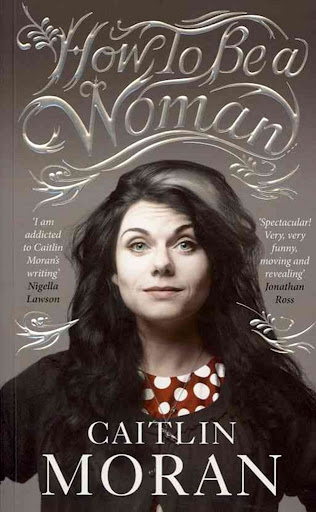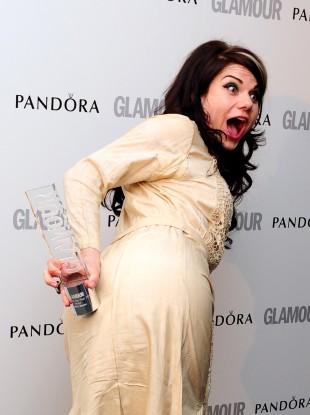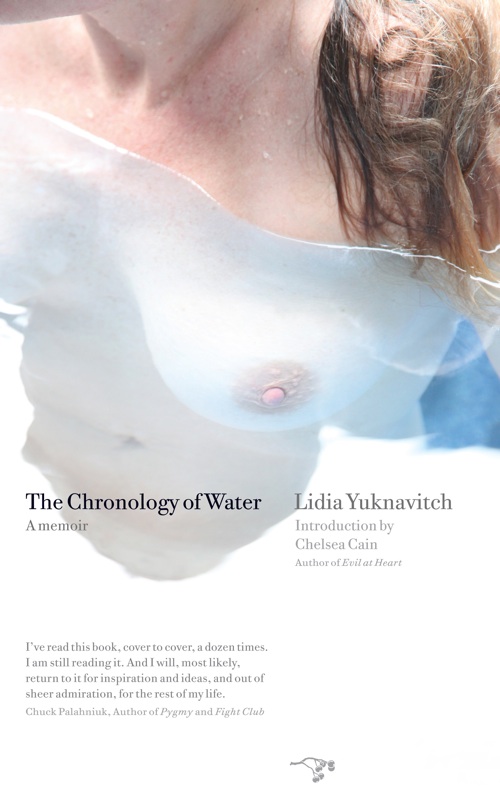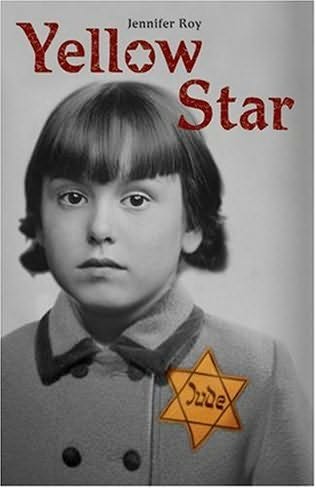Elders: A Novel by Ryan McIlvain
Reviewed by Ingrid
Published: 2013
It's about: Here's the official, back-cover description.
Elder McLeod—outspoken, surly, a brash American—is nearing the end of his mission in Brazil. For nearly two years he has spent his days studying the Bible and the Book of Mormon, knocking on doors, teaching missionary lessons—“experimenting on the word.” His new partner is Elder Passos, a devout, ambitious Brazilian who found salvation and solace in the church after his mother’s early death. The two men are at first suspicious of each other, and their work together is frustrating, fruitless. That changes when a beautiful woman and her husband offer the missionaries a chance to be heard, to put all of their practice to good use, to test the mettle of their faith. But before they can bring the couple to baptism, they must confront their own long-held beliefs and doubts, and the simmering tensions at the heart of their friendship.
I thought: Being both a Mormon and a person quite serious about books, I was thrilled to learn that there exists a "Mormon book" published by a major publisher (Hogarth, an imprint of Random House,) that is written for and marketed to a general audience (not just Mormons.) Also, how great is the cover? I can't get over that his little missionary tag says "A Novel."
So, the book was excellent. It was not an exposé, nor was it necessarily faith-promoting, which was a relief to me. I've found that both of these approaches tend to flatten out, polarize and oversimplify a subject, which in my opinion does not make good literature. In fact, this book is forthright in a way that would make devout Mormons uncomfortable; there is quite a bit of language, for example, and candid portrayal of masturbation and some sex, things that I think would be unnatural not to include in a book about 20 year old males trying to understand themselves and their place in the world.
But actually, I think that the real-ness of the story made the faith parts stand out in a gritty, authentic, lovely way. I very much admire McIlvain's ability to write about difficult-to-describe emotions without sounding...forced. His writing shows an acute understanding of the complicated-ness of imperfect people trying to live up to an ideal in an imperfect world. Both Elder McLeod and Elder Passos find their mission isn't nearly as easy and straightforward as they had hoped, even expected it to be. Elder McLeod feels pressure from his father, a church leader, to develop a strong conviction and testimony he isn't sure he has, while Elder Passos feels guilty for leaving his family in poverty while he serves as a volunteer for two years. Add to that the simmering anti-American and anti-Bush sentiments held by many Brazilians at the time, misunderstandings between cultures, and disappointment at not finding anyone interested in hearing the message. Of course, all kinds of wonderful messiness ensues.
Verdict: Stick it on the shelf.
Reading Recommendations: If you are interested in how people relate to faith traditions and how personal faith grows, evolves, is questioned, and changes, this is a book for you.
Favorite excerpts: "'I want to start doing something my first companion used to do with me,' Passos said, looking McLeod straight in the eye. 'We'd grip hands every morning before we left, and bear testimony to each other, remind each other why we were doing what we were doing. I'll start. I know this is the true church of Christ, Elder McLeod. THat this is the Lord's work we're engaged in, and that we are His duly ordained ministers on this earth. In the name of Jesus Christ, Amen.
'Amen,' McLeod said. He hesitated. I know that too, Elder Passos, I know that . . .'
McLeod waited for alighting hands, something, and for a moment he thought he might have felt it, or maybe not. The confirmation of the Spirit. Saint John's litmus test. Was he imagining it? Did he want it too badly? His senior companion drew his attention back to him, dipping his head.
McLeod said, 'And . . . that's all. For today anyway. In the name of Jesus Christ, amen.'"
What I'm reading next: The Dinner by Herman Koch
Reviewed by Ingrid
Published: 2013
It's about: Here's the official, back-cover description.
Elder McLeod—outspoken, surly, a brash American—is nearing the end of his mission in Brazil. For nearly two years he has spent his days studying the Bible and the Book of Mormon, knocking on doors, teaching missionary lessons—“experimenting on the word.” His new partner is Elder Passos, a devout, ambitious Brazilian who found salvation and solace in the church after his mother’s early death. The two men are at first suspicious of each other, and their work together is frustrating, fruitless. That changes when a beautiful woman and her husband offer the missionaries a chance to be heard, to put all of their practice to good use, to test the mettle of their faith. But before they can bring the couple to baptism, they must confront their own long-held beliefs and doubts, and the simmering tensions at the heart of their friendship.
I thought: Being both a Mormon and a person quite serious about books, I was thrilled to learn that there exists a "Mormon book" published by a major publisher (Hogarth, an imprint of Random House,) that is written for and marketed to a general audience (not just Mormons.) Also, how great is the cover? I can't get over that his little missionary tag says "A Novel."
So, the book was excellent. It was not an exposé, nor was it necessarily faith-promoting, which was a relief to me. I've found that both of these approaches tend to flatten out, polarize and oversimplify a subject, which in my opinion does not make good literature. In fact, this book is forthright in a way that would make devout Mormons uncomfortable; there is quite a bit of language, for example, and candid portrayal of masturbation and some sex, things that I think would be unnatural not to include in a book about 20 year old males trying to understand themselves and their place in the world.
But actually, I think that the real-ness of the story made the faith parts stand out in a gritty, authentic, lovely way. I very much admire McIlvain's ability to write about difficult-to-describe emotions without sounding...forced. His writing shows an acute understanding of the complicated-ness of imperfect people trying to live up to an ideal in an imperfect world. Both Elder McLeod and Elder Passos find their mission isn't nearly as easy and straightforward as they had hoped, even expected it to be. Elder McLeod feels pressure from his father, a church leader, to develop a strong conviction and testimony he isn't sure he has, while Elder Passos feels guilty for leaving his family in poverty while he serves as a volunteer for two years. Add to that the simmering anti-American and anti-Bush sentiments held by many Brazilians at the time, misunderstandings between cultures, and disappointment at not finding anyone interested in hearing the message. Of course, all kinds of wonderful messiness ensues.
Verdict: Stick it on the shelf.
Reading Recommendations: If you are interested in how people relate to faith traditions and how personal faith grows, evolves, is questioned, and changes, this is a book for you.
Favorite excerpts: "'I want to start doing something my first companion used to do with me,' Passos said, looking McLeod straight in the eye. 'We'd grip hands every morning before we left, and bear testimony to each other, remind each other why we were doing what we were doing. I'll start. I know this is the true church of Christ, Elder McLeod. THat this is the Lord's work we're engaged in, and that we are His duly ordained ministers on this earth. In the name of Jesus Christ, Amen.
'Amen,' McLeod said. He hesitated. I know that too, Elder Passos, I know that . . .'
McLeod waited for alighting hands, something, and for a moment he thought he might have felt it, or maybe not. The confirmation of the Spirit. Saint John's litmus test. Was he imagining it? Did he want it too badly? His senior companion drew his attention back to him, dipping his head.
McLeod said, 'And . . . that's all. For today anyway. In the name of Jesus Christ, amen.'"
What I'm reading next: The Dinner by Herman Koch








































